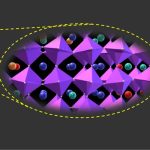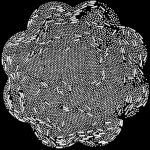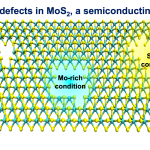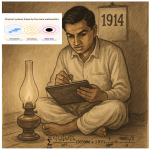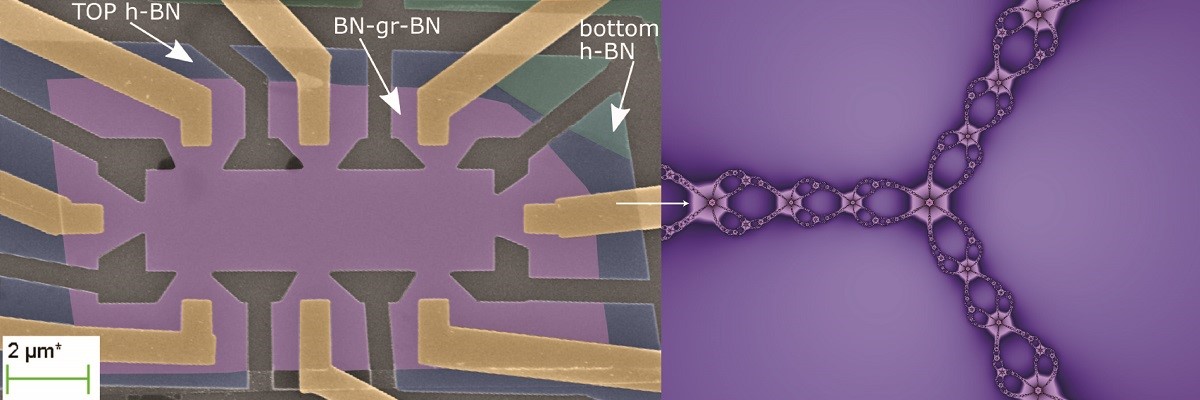
Fractals are geometrical patterns that are infinitely self-similar: they are made of a characteristic shape that is repeated at smaller scales. We see them everywhere in nature, from the spiralling florets of cauliflowers to the forks of a lightning bolt as it arcs towards the ground. Fractals are often observed in condensed matter systems – materials like superconductors in which the atoms strongly interact with each other to display unique properties such as phase transitions and magnetisation.
Recently, Aveek Bid and his colleagues at the Department of Physics, IISc, have added to the list of such materials by finding experimental signatures of fractal behaviour on a graphene-based platform, in a study published in Physical Review Letters.
The team took two graphene-based devices and measured their Hall conductance – the ratio of current to the electric field in the presence of a magnetic field. Typically, condensed matter systems have specific discrete Hall conductance values for strong magnetic fields. However, the team noticed that the conductance fluctuated rapidly when moving from one value to another in the graphene-based devices. The researchers found that the fluctuations display a special kind of fractal behaviour called multifractality – the fluctuations behave differently depending on how they are viewed. This multifractal behaviour had been theorised before, but never experimentally verified until now.
Bid and colleagues further noted that this multifractal fluctuation is greatly reduced as the material’s Hall conductance inches close to one of its discrete values. The fluctuations can also be suppressed if the temperature of the sample is increased. The group believes these fluctuations are not unique to their samples and should exist in other materials too. They say that their study may provide a unique way to probe the behaviour of a wide array of condensed-matter materials.



